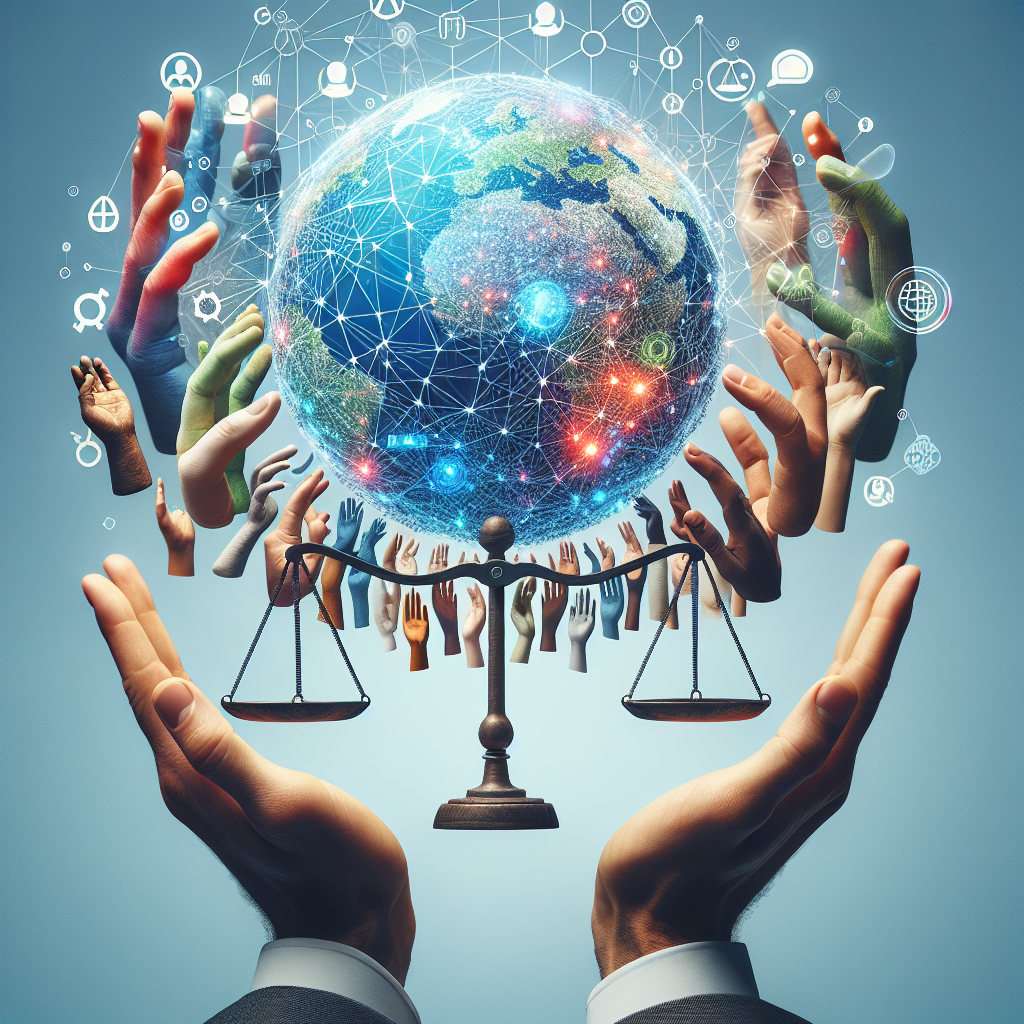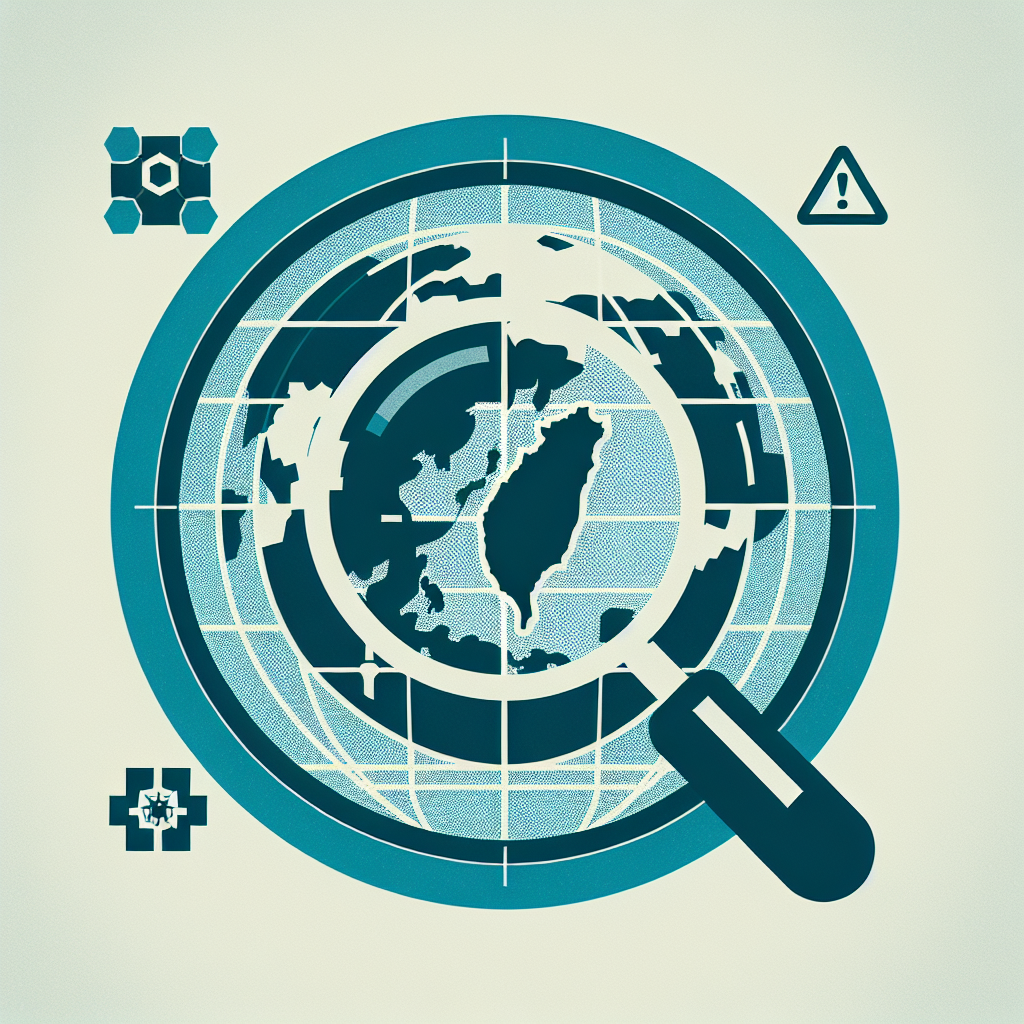
Who Controls the Internet? The Battle Over Digital Sovereignty
Introduction: The Pivotal Question of Our Digital Age
The Origins of Internet Governance
Understanding Digital Sovereignty
The Main Players in the Battle for Control
States and Governments
International Organizations
Private Tech Corporations
Criminal Actors and Hackers
The Emerging Trends and Challenges
Data Localization and National Cybersecurity Laws
The Rise of Digital Borders
Technological Sovereignty: The Push for Domestic Infrastructure
Cybersecurity and Defense Strategies
Pros and Cons of the Digital Sovereignty Approach
Advantages
- Enhanced national security and data protection
- Protection against foreign influence and censorship
- Promotion of local technology industries and innovation
- Preservation of cultural identity and values in digital space
Disadvantages
- Fragmentation of the global internet, leading to “splinternets”
- Potential conflicts with free speech and open access principles
- Increased regulatory complexity for international businesses
- Risk of technological decoupling and reduced innovation cooperation


